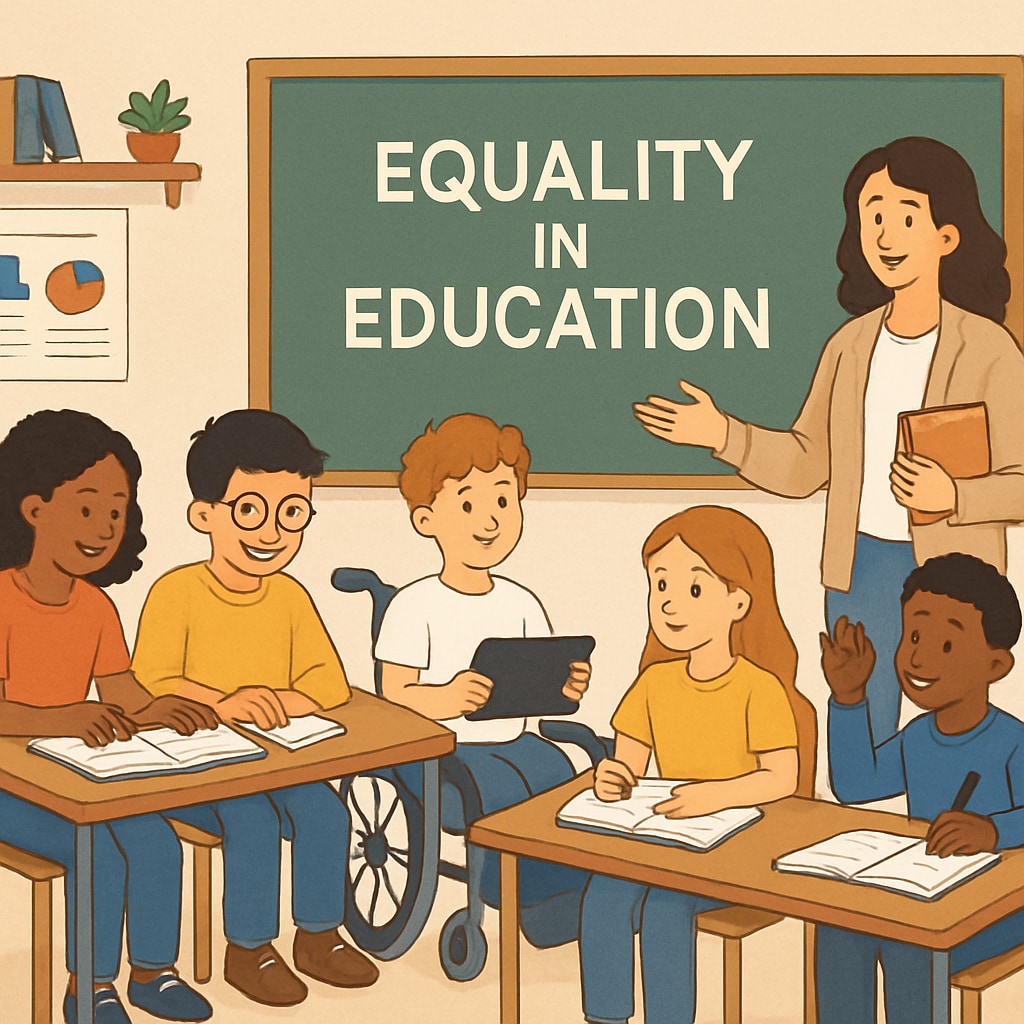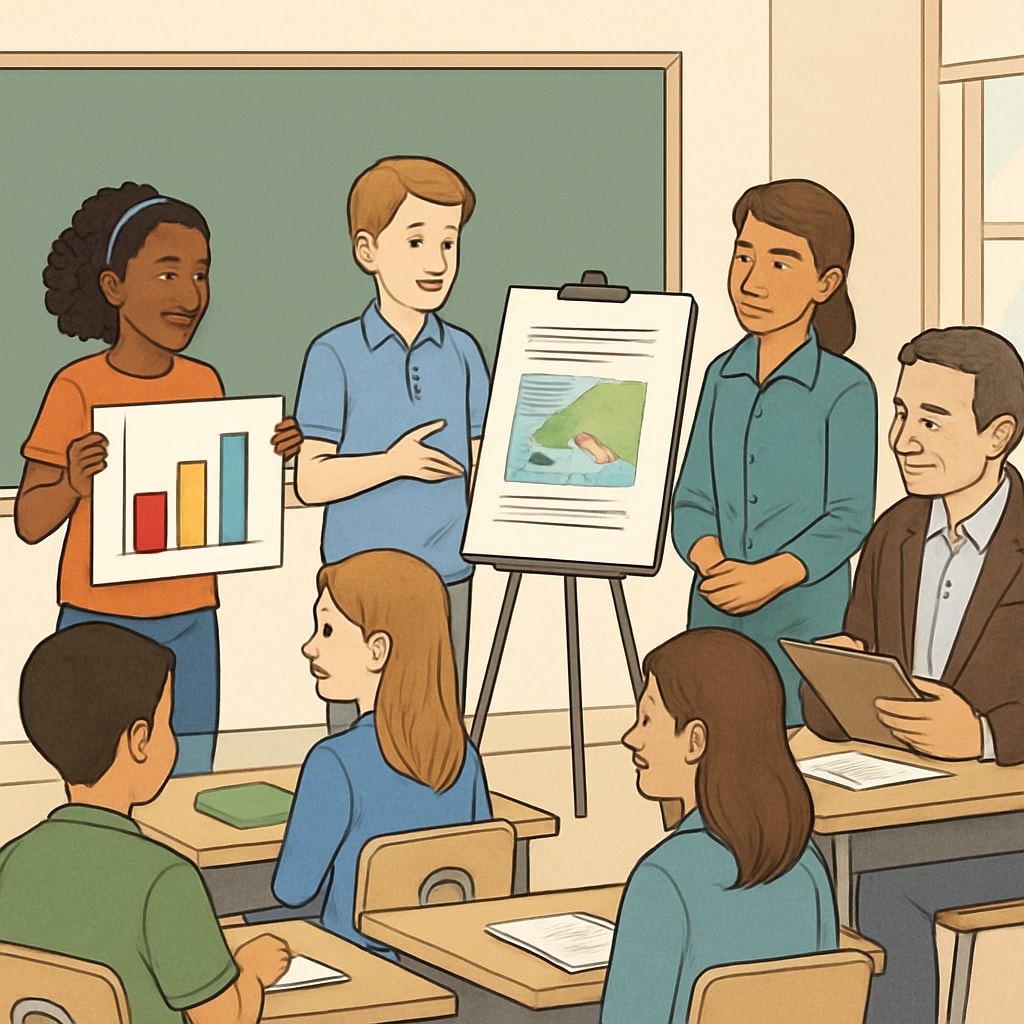In a world increasingly obsessed with elite academic credentials, university discrimination and academic bias have become pervasive challenges that undermine self-worth. Many students find themselves defined by the institutions they attend, rather than their abilities or potential. This article delves into how the K12 education system can confront these biases and proposes a shift toward capability-based and diverse assessment models that foster genuine self-value.
Understanding the Roots of Academic Discrimination
Academic discrimination often stems from the societal obsession with “prestige.” For example, graduates from elite universities are frequently perceived as more capable, regardless of their actual skills or experiences. This phenomenon creates a systemic bias that trickles down into the K12 education system, pressuring students to prioritize the pursuit of brand-name institutions over personal growth and skill development.

As a result, students internalize these biases and equate their self-worth with the academic institutions they aspire to or attend. The emphasis on rankings and exclusivity discourages alternative paths of success and reinforces the notion that value is tied solely to academic prestige. This mindset can lead to harmful comparisons, increased anxiety, and a diminished sense of personal achievement.
Re-evaluating Self-Worth Beyond Academic Prestige
To combat university discrimination and academic bias, the K12 education system must adopt a broader definition of success. Schools should focus on nurturing individual capabilities rather than grooming students solely for elite university admissions. For instance, incorporating diverse evaluation methods such as project-based learning, peer reviews, and real-world applications can provide students with opportunities to demonstrate their skills and creativity.

Moreover, educators should emphasize the importance of lifelong learning and adaptability over rigid benchmarks like test scores and college rankings. By doing so, students can develop a stronger sense of intrinsic self-worth that is not dependent on external validation. This approach shifts the focus from “where you study” to “what you can achieve.”
Steps Toward a Capability-Based Education System
Transforming the K12 education system to counter academic discrimination and bias requires actionable steps:
- Promote diverse evaluation methods: Move beyond standardized tests to include performance-based assessments and collaborative projects.
- Encourage personalized learning: Tailor educational experiences to individual strengths and interests rather than general academic benchmarks.
- Foster inclusive environments: Create spaces where students of all backgrounds feel equally valued, regardless of their academic affiliations.
- Educate against prestige obsession: Teach students and parents to value personal growth and capabilities over institutional labels.
These steps require collective efforts from educators, policymakers, and families. Schools must prioritize equipping students with skills that prepare them for real-world challenges rather than perpetuating the myth of prestige-based self-worth.
In conclusion, addressing university discrimination and academic bias is not just about reforming admissions processes; it’s about reshaping how we define success and value in education. The K12 system has the potential to lead this transformation by emphasizing abilities, fostering diverse evaluations, and cultivating authentic self-worth. As a result, students can transcend the barriers of academic elitism and thrive in a society that values their unique contributions.
Readability guidance: The article uses concise paragraphs, avoids overly technical jargon, and employs transitional phrases for smoother flow. Additionally, it incorporates actionable steps and examples to engage readers effectively.


